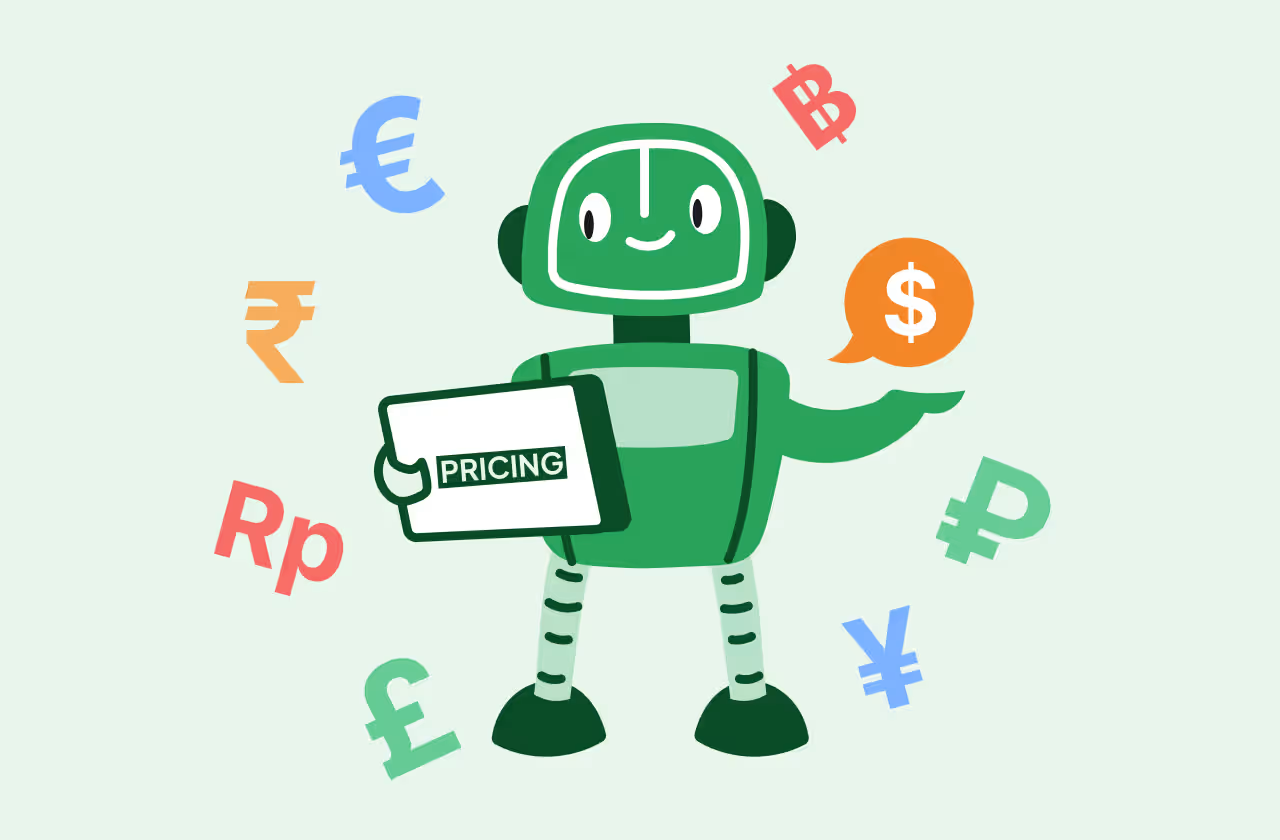Key Takeways
Amidst this digital cacophony, SMS (Short Message Service) marketing emerges as a reliable and effective tool. This article delves into the enduring relevance of SMS marketing, its benefits, comparisons with modern alternatives like WhatsApp broadcasts and RCS, and best practices for implementation.
Understanding SMS Marketing
SMS marketing involves sending promotional or transactional messages to customers via text messages. These messages are typically concise, with a character limit of 160, and are delivered directly to the recipient's mobile device. Unlike other marketing channels, SMS does not require internet connectivity, making it accessible to a broader audience.
Benefits of SMS Marketing for Small Businesses
- High Open Rates
SMS boasts an impressive open rate of approximately 98%, with most messages read within minutes of receipt. This immediacy ensures that time-sensitive promotions or updates reach customers promptly. The same is also used for business critical use cases like OTP SMS verification for user authentication.
- Cost-Effective Communication
For small businesses operating on tight budgets, SMS offers a high return on investment. The costs associated with sending text messages are relatively low, especially when compared to traditional advertising channels.
- Direct and Personal Engagement
Text messages provide a direct line to customers, fostering a sense of personal connection. Whether it's appointment reminders, special offers, or feedback requests, SMS facilitates meaningful interactions. All this with cost efficiency as SMS API pricing is relatively lesser than estimated spends on other channels for a similar communication.
- Broad Accessibility
Unlike some modern communication platforms that require smartphones or internet access, SMS is universally accessible on virtually all mobile devices, ensuring a wider reach.
- Compliance and Opt-In
SMS marketing is regulated, requiring businesses to obtain explicit consent from recipients. This opt-in model ensures that messages are sent to an audience genuinely interested in the business's offerings, leading to higher engagement rates. This is very necessary for promotional SMS.
SMS vs. Modern Messaging Channels: WhatsApp and RCS
As technology evolves, new messaging platforms have emerged, each with its unique features and advantages. Here's how SMS compares:
Pros: Supports rich media, end-to-end encryption, and global reach.
Cons: Requires internet access and app installation; limited broadcast capabilities for businesses.
- RCS (Rich Communication Services)
Pros: Offers enhanced features like read receipts, typing indicators, and multimedia support. RCS for businesses is quite a popular use case.
Cons: Not universally supported across all devices and carriers; lacks the ubiquity of SMS.
- SMS
Pros: Universal compatibility, no internet required, immediate delivery.
Cons: Limited to text and basic media; lacks advanced features of newer platforms.
The Enduring Relevance of SMS for Small Businesses
While modern messaging platforms offer advanced features, SMS remains a cornerstone of effective communication for small businesses. Its simplicity, reliability, and broad reach make it an indispensable tool, especially in regions or demographics where internet access is limited or inconsistent.
Moreover, the personal nature of text messages even for professional text messages fosters trust and engagement, essential components for building lasting customer relationships. As businesses navigate the complexities of digital communication, integrating SMS into a multi-channel strategy can enhance outreach and ensure messages resonate with a diverse audience.
Implementing SMS Marketing: Best Practices
Obtain Explicit Consent: Ensure customers opt-in to receive messages, adhering to regulations like the TCPA.
- Craft clear and concise messages: Keep texts brief, relevant, and actionable.
- Personalize content: Use customer data to tailor messages, enhancing engagement.
- Provide easy opt-out options: Respect customer preferences by allowing them to unsubscribe effortlessly.
- Monitor and analyze performance: Track metrics like open rates and conversions to refine strategies.
SMS Marketing with Message Central
Message Central is a CPaaS platform providing authentication and communication solutions to businesses. The platform also provides SMS APIs which are:-
- Easy to deploy and have comprehensive documentation
- Enable global SMS with high deliverability
- Unbeatable SMS pricing for all countries
- 24/7 customer support on email and live chat
You can get in touch with the team to get started.
Conclusion
For small businesses aiming to connect with customers authentically and efficiently, embracing SMS as part of a broader communication strategy can yield significant benefits. While it's essential to explore and adopt new technologies, the humble text message continues to hold its ground as a trusted channel for meaningful engagement.










